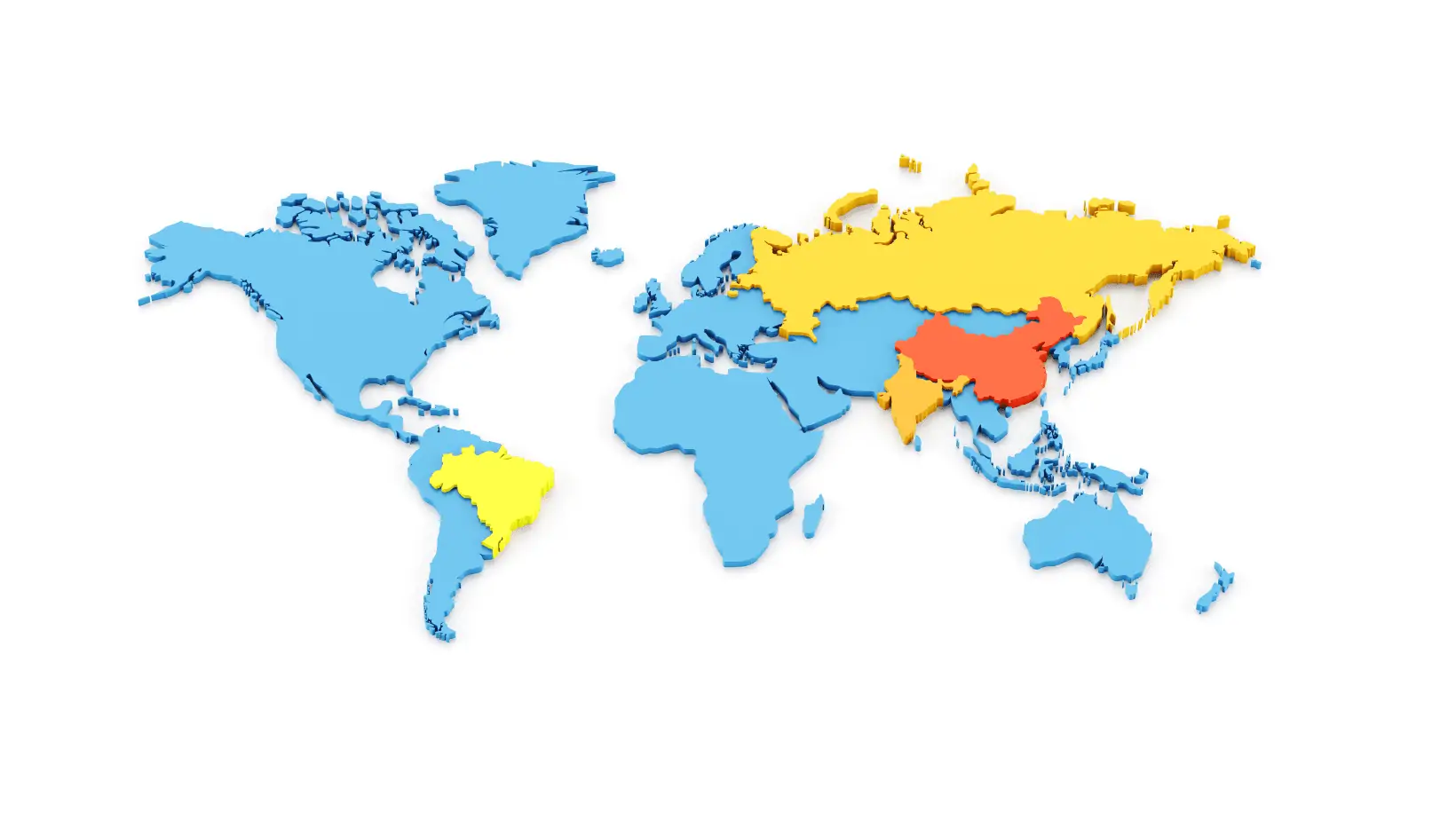
In a significant development in the South African investment landscape, the Satrix MSCI Emerging Markets Feeder Portfolio (STXEMG) has undergone a partial delisting of its securities on the Johannesburg Stock Exchange (JSE). This move follows the redemption of 5 SATRIXEMG baskets and has reduced the total number of listed securities. As of the commencement of business today, 500,000 SATRIXEMG securities have been delisted.
The Satrix MSCI Emerging Markets Feeder Portfolio, known for its representation of the dynamic emerging markets, has long been a preferred choice for South African investors looking to diversify their portfolios. This partial delisting marks a pivotal moment in the fund’s journey and warrants a closer look at the implications of this development.
The decision to delist 500,000 SATRIXEMG securities comes on the back of the redemption of 5 baskets of these securities. This move was initiated on September 4, 2023. Following the delisting, there will be a total of 40,172,719 SATRIXEMG securities remaining in issue. Investors, both institutional and retail, should take note of this change and its potential impact on their investments.
Let’s delve into the specifics:
| Fund Name | JSE Code | Delisted Securities | Remaining Securities in Issue |
|---|---|---|---|
| SATRIX MSCI Emerging Markets Feeder Portfolio | STXEMG | 500,000 | 40,172,719 |
The Satrix MSCI Emerging Markets Feeder Portfolio, often referred to as STXEMG, is part of the Satrix Collective Investment Scheme. It offers investors an opportunity to gain exposure to the emerging markets’ potential through a well-structured portfolio. The fund’s primary objective is to track the performance of the MSCI Emerging Markets Index.
This index includes companies from various emerging market economies, providing diversification and exposure to regions such as Asia, Latin America, and Africa. Emerging markets are known for their growth potential, and this fund has been a preferred choice for those seeking to capitalize on this growth.
The partial delisting of SATRIXEMG securities brings about several implications for both existing and prospective investors:
With 500,000 securities being delisted, the fund’s liquidity profile may change. Reduced liquidity can affect the ease of buying and selling shares in the market. Investors should assess how this might impact their trading strategies and investment decisions.
The delisting could influence the market performance of SATRIXEMG. Changes in supply and demand dynamics can affect the fund’s unit price and overall returns. Investors should stay informed about these changes and monitor the fund’s performance.
For investors who hold SATRIXEMG as part of a diversified portfolio, it’s essential to reevaluate their asset allocation. The reduced number of listed securities may alter the fund’s risk profile within a broader investment strategy.
It’s also worth considering whether this partial delisting aligns with the fund’s long-term strategy. SATRIXEMG’s fund managers may have made this decision to optimize the fund’s performance or to adapt to changing market conditions.
The partial delisting of SATRIXEMG securities is a noteworthy development in the South African investment landscape. It highlights the dynamic nature of financial markets and the need for investors to stay informed about changes in their investment holdings.
While this delisting represents a shift in the fund’s structure, it is not necessarily a cause for concern. Investors should assess how it aligns with their investment objectives, risk tolerance, and overall portfolio strategy. Additionally, consulting with financial advisors or fund managers can provide valuable insights into navigating these changes.
This website uses cookies.